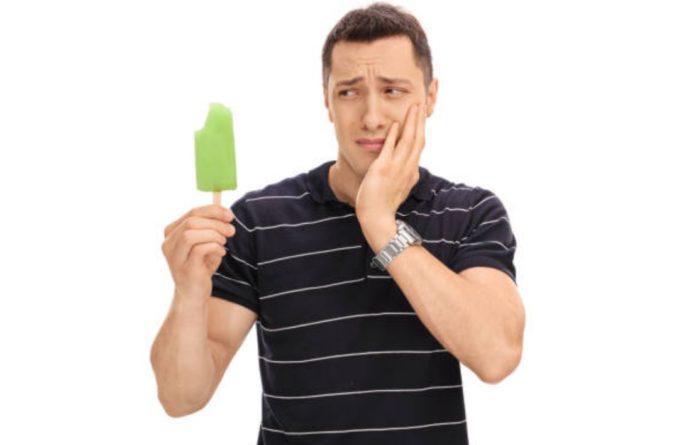Researchers believe they have figured out why biting or drinking something cold causes toothache and brain shaking for some people.
In both mice and humans, dental cells called odontoblasts contain cold-sensitive proteins that respond to changes in temperature. They transmit a signal to the brain and cause toothache. Now an international team of scientists has figured out exactly how we feel it.
- Does This Mean We Stopped Being Animal and Started Being Human Due to ‘Copy Paste’ Errors?
- The One Lifestyle Choice That Could Reduce Your Heart Disease Risk By More Than 22%
- Aging: This Is What Happens Inside Your Body Right After Exercise
- Immune-Boosting Drink that Mimics Fasting to Reduce Fat – Scientists ‘Were Surprised’ By New Findings
- Gun Violence in America: What They Don’t Talk About at the Debate
The researchers focused on studying ion channels. Once a signal is detected – for example, a change in temperature – the channels either close or open wide and allow ions to enter the cell. This creates an impulse that sweeps from cell to cell and quickly transfers information inside the body.
About 15 years ago, scientists discovered the TRPC5 ion channel, which reacted to the cold. However, they did not know for the sensitivity in which part of the body it was responsible. It turned out that TRPC5 affects the sensitivity of teeth. In the latest paper, the researchers conducted experiments on mice. They studied jaw, teeth and dental nerves. The team gave the rodents cold fluid and each time it touched the teeth, recorded neural activity.
In normal mice, the cold fluid triggered cell activity, indicating that the teeth felt cold. But animals lacking TRPC5, or those whose teeth were treated with canal-damping substances, did not have such a reaction. This proves that TRPC5 is responsible for its low-temperature sensitivity, said Katharina Zimmerman, head of work.
The team then traced the location of TRPC5 to the odontoblast, which is located between pulp and dentin. It turned out that when a person with naked dentin eats or drinks something cold, cells filled with TRPC5, catch the low temperature and deliver certain signals to the brain. That’s how the pain arises.
The study also explained why clove oil, which has long been used to desensitize teeth, relieves pain. It contains a chemical that blocks the protein TRPC5. Scientists added that toothache is not yet well understood, but their latest work should advance the development of cures for it and help many people.
Dr Zimmermann explained to BBC: “In human teeth with pits and dental caries we found a much upregulated number of TRPC5 channels, and therefore we believe that engineering a TRPC5 blocker that can be locally applied to teeth via strips or chewing gum would probably be a great help in treating tooth pain or dentine hypersensitivity.”
- Does This Mean We Stopped Being Animal and Started Being Human Due to ‘Copy Paste’ Errors?
- The One Lifestyle Choice That Could Reduce Your Heart Disease Risk By More Than 22%
- Aging: This Is What Happens Inside Your Body Right After Exercise
- Immune-Boosting Drink that Mimics Fasting to Reduce Fat – Scientists ‘Were Surprised’ By New Findings
- Gun Violence in America: What They Don’t Talk About at the Debate
“Once you have a molecule to target, there is a possibility of treatment,” Zimmerman said.
Details are published in Science Advances.
